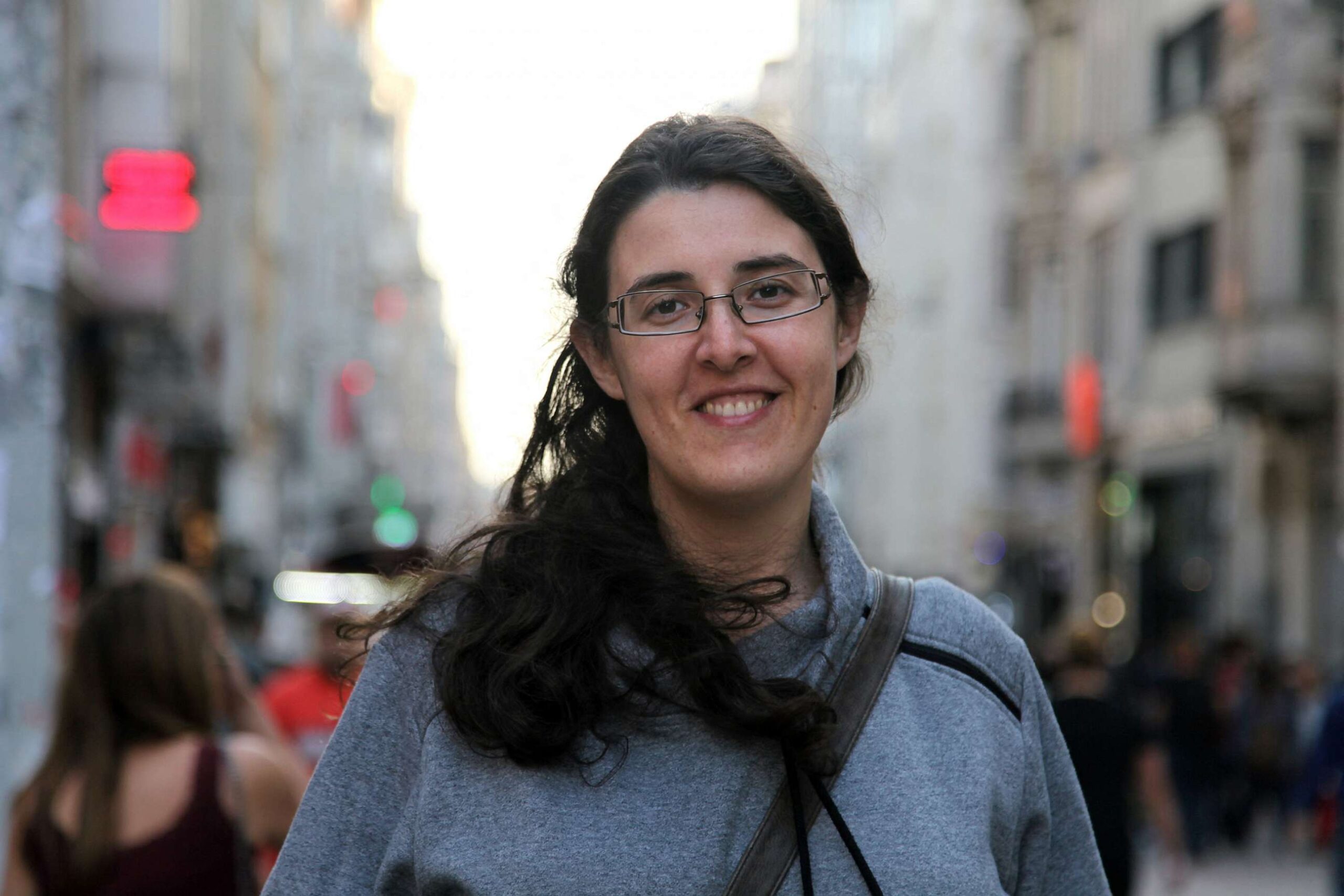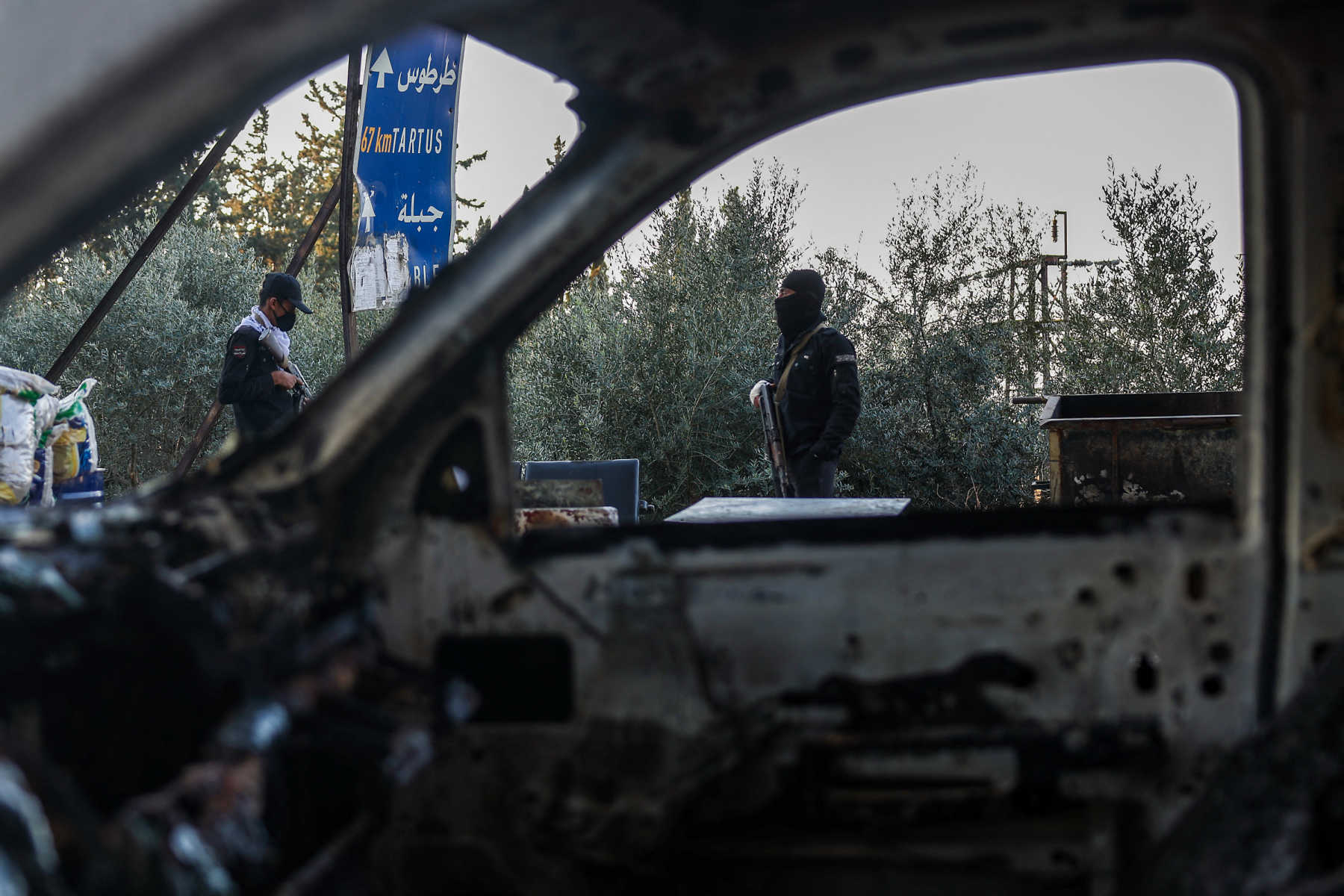Ali Bakir is a research assistant professor at Ibn Khaldun Center for Humanities and Social Sciences. He is following geopolitical and security trends in the Middle East, great power politics, small states' behavior, emerging unconventional risks and threats, with a special focus on Turkey’s foreign and defence policies, Turkey-Arab, and Turkey-Gulf relations.
Ali Bakir is a research assistant professor at the Ibn Khaldun Center for Humanities and Social Sciences at Qatar University.
Turkey and Egypt have been readjusting their foreign policy lately to adapt to the new regional and international dynamics in the aftermath of Joe Biden's victory in the U.S. presidential elections and the al-Ula agreement between the Gulf Cooperation (GCC) countries at the beginning of 2021.
On March 19, 2021, news accounts indicated that Turkey had asked Egyptian opposition television channels operating in Turkey to tone down criticism of Egypt's government. The gesture was part of a potential rapprochement as Ankara and Cairo discuss intelligence and diplomatic issues and explore opportunities to mend ties.
Relations between Ankara and Cairo worsened in the aftermath of the 2013 military coup that toppled the first freely elected president ever in Egypt, Mohammad Morsi. The coup led by then-defense minister Abdel Fattah al-Sisi resulted in a great massacre, which Human Rights Watch described as "one of the world's largest killings of demonstrators in a single day in recent history."
The coup was regionally supported by an anti-revolutionary camp led by the United Arab Emirates and Saudi Arabia. Afterward, Cairo, Abu Dhabi, and Riyadh designated the Muslim Brotherhood as a terrorist organization and cracked down on the group within their own countries.
In the wake of the coup, the Egyptian government banned all political opposition, independent media, and started mass trials of thousands of Brotherhood members, sentencing many of its leaders to death, including Morsi, who died in prison almost two years ago.
Turkey's president, Recep Tayyip Erdogan, was a close ally of Morsi and strongly condemned the coup against him. After the coup, Turkey refused to recognize the Sisi regime's legitimacy, and the country has become a safe haven for the Egyptian opposition. Liberal and Muslim Brotherhood figures opposing the coup launched TV channels from Istanbul. In a short period, these channels have managed to secure high number of viewers and become a nightmare for the Egyptian government, highlighting the regime's oppression, suppression, corruption, and tyranny.
Ankara recently ordered Egyptian opposition channels stationed in Turkey to tone down their criticism of the Egyptian government. It has seemed since then that Erdogan is pivoting toward Egypt and its Gulf allies. Such a pivot would be bad news for the Egyptian opposition in Turkey – at least according to several foreign news outlets and social media platforms, who have tried to spread fear among the Egyptian exile community in Turkey.
The Saudi-owned Al-Arabiya TV channel, based in the UAE, released a series of so-called breaking news stories on its TV broadcast and Twitter account, claiming that Turkey had frozen the delivery of passports to Egyptian dissidents and was in the process of reviewing the status of all Egyptian members of the Muslim Brotherhood living in Turkey. It further reported that Turkish authorities had ordered a number of Egyptian Brotherhood members to leave the country and that, as a result of Turkish investigations of money laundering, drug dealing and weapons trafficking by Brotherhood leaders, many of the latter had decided to transfer their money outside of Turkey. These reports were all false.
This was not the first time that Al-Arabiya, which has roughly 20 million followers on its Twitter account, had used fake news alerts as a political tool. Al-Arabiya had also spread fake news regarding Qatar's emir in the lead up to the 2017 Gulf Cooperation Council crisis.
Several Emirati and Saudi news outlets maintain that recent Turkey-Egypt communications were started when Ankara, from a position of weakness, decided to approach Sisi and the Egyptian government, which subsequently managed to force Turkey to bow to certain demands and conditions.
These same outlets claimed that rapprochement between Turkey and Egypt would certainly come at the expense of the Egyptian opposition. Such rhetoric encouraged smear campaigns against Brotherhood leaders. Dalia Zaida, the pro-Sisi director of the Liberal Democracy Institute in Cairo, called the Egyptian dissidents in Turkey "mercenaries and terrorists," and claimed that Ankara planned to deport most of them back to Egypt.
The Turkish opposition echoed similar messages. Kemal Kilicdaroglu, head of the biggest opposition party in the country, the Republican People's Party (CHP), criticized Erdogan for his close ties to the Egyptian Brotherhood, and accused him of "bringing dissidents who are considered terrorists by the Egyptian government." Likewise, Meral Aksener, the head of the opposition Good Party (IYI), said that Turkey's relationship with Egypt had suffered because of Erdogan's friendship with Morsi. Such statements were widely circulated by media platforms connected to the UAE, Saudi Arabia, and Turkish exile Fethullah Gulen.
The recent communications between Ankara and Cairo, combined with the fake news alerts, has caused some fear among the Egyptian opposition that Turkey will take stronger measures against them. Turkey has not yet done so, though.
According to Ayman Nour, a prominent Egyptian liberal opposition figure, former Egyptian presidential candidate, and head of the Union of Egyptian National Forces, "Turkey didn't ask us to close programs or channels or leave the country." He stressed that "any rapprochement between Turkey and Egypt that would benefit the two countries' people is welcomed." However, he stated, "our position is clear. If we feel that we are forced to change our language in a way that is not compatible with our main message … we will consider other options. The channels can move their studios to another country."
Several Egyptian opposition figures with whom I spoke believe that Erdogan's recent actions to placate the Sisi regime should not cause alarm, at least in the short term. According to these figures, Sisi is seeking incremental tactical gains, and doesn't plan on abandoning the Egyptian dissidents and exiles. Turkish sources confirmed asking the opposition to tone down their criticism of the Egyptian government but denied other claims of the news media outlets that Turkish authorities would soon take more drastic actions against the Egyptian dissidents.
A senior Egyptian opposition figure stated that "the naturalization process" for Egyptians becoming Turkish citizens "is not linked to Ankara and Cairo's current communications; it started years ago and increased in the last few years" He did say that there is "a recent trend to facilitate obtaining permanent residency instead of naturalization," but that this trend had nothing to do with developments regarding Turkey's relations with Egypt.
Recent reports regarding Ankara-Cairo communications suggest that the two countries are looking for opportunities to deal with issues of common interest rather than focus on their disagreements, which would hinder the negotiations from the beginning. One of these disagreements involves the fate of the Egyptian dissidents in Turkey. Erdogan has zero appetite to discuss a deal on the expulsion of Egyptian opposition members from Turkey.
Unless he wants to put an end to his communications with Ankara fast, Sisi will most likely not push the issue of extraditing Egyptian opposition figures back to Egypt. It would be a non-starter for Erdogan, who would also generate fierce international opposition by such a move. Moreover, even if the Turkish authorities were inclined to hand over some of the opposition figures, particularly those who have not acquired a Turkish passport, they would also be constrained by Turkey's Law on Foreigners and International Protection, which passed in 2013, and which prevents the Turkish authorities from repatriating exiles who might be subject to torture or other mistreatment. For the time being, and until the real news changes significantly, Erdogan will not move against Egyptian opposition members in order to placate the Egyptian military regime.
![]()
Photo credit: A portrait of ousted Egyptian President Mohammed Morsi is seen through a Turkish flag during a rally in Istanbul, August 25, 2013. (Photo by Bulent Kilic/AFP via Getty Images)
















![Security forces loyal to the interim Syrian government stand guard at a checkpoint previously held by supporters of deposed president Bashar al-Assad, in the town of Hmeimim, in the coastal province of Latakia, on March 11, 2025. Syria's new authorities announced on March 10, the end of an operation against loyalists of deposed president Bashar al-Assad, after a war monitor reported more than 1,000 civilians killed in the worst violence since his overthrow. The Syrian Observatory for Human Rights said the overwhelming majority of the 1,068 civilians killed since March 6, were members of the Alawite minority who were executed by the security forces or allied groups. (Photo by OMAR HAJ KADOUR / AFP) / “The erroneous mention[s] appearing in the metadata of this photo by OMAR HAJ KADOUR has been modified in AFP systems in the following manner: [Hmeimim] instead of [Ayn Shiqaq]. Please immediately remove the erroneous mention[s] from all your online services and delete it (them) from your servers. If you have been authorized by AFP to distribute it (them) to third parties, please ensure that the same actions are carried out by them. Failure to promptly comply with these instructions will entail liability on your part for any continued or post notification usage. Therefore we thank you very much for all your attention and prompt action. We are sorry for the inconvenience this notification may cause and remain at your disposal for any further information you may require.”](https://dawnmena.org/wp-content/uploads/2025/04/syria-22039885951-350x250.jpg)










![Security forces loyal to the interim Syrian government stand guard at a checkpoint previously held by supporters of deposed president Bashar al-Assad, in the town of Hmeimim, in the coastal province of Latakia, on March 11, 2025. Syria's new authorities announced on March 10, the end of an operation against loyalists of deposed president Bashar al-Assad, after a war monitor reported more than 1,000 civilians killed in the worst violence since his overthrow. The Syrian Observatory for Human Rights said the overwhelming majority of the 1,068 civilians killed since March 6, were members of the Alawite minority who were executed by the security forces or allied groups. (Photo by OMAR HAJ KADOUR / AFP) / “The erroneous mention[s] appearing in the metadata of this photo by OMAR HAJ KADOUR has been modified in AFP systems in the following manner: [Hmeimim] instead of [Ayn Shiqaq]. Please immediately remove the erroneous mention[s] from all your online services and delete it (them) from your servers. If you have been authorized by AFP to distribute it (them) to third parties, please ensure that the same actions are carried out by them. Failure to promptly comply with these instructions will entail liability on your part for any continued or post notification usage. Therefore we thank you very much for all your attention and prompt action. We are sorry for the inconvenience this notification may cause and remain at your disposal for any further information you may require.”](https://dawnmena.org/wp-content/uploads/2025/04/syria-22039885951-360x180.jpg)









